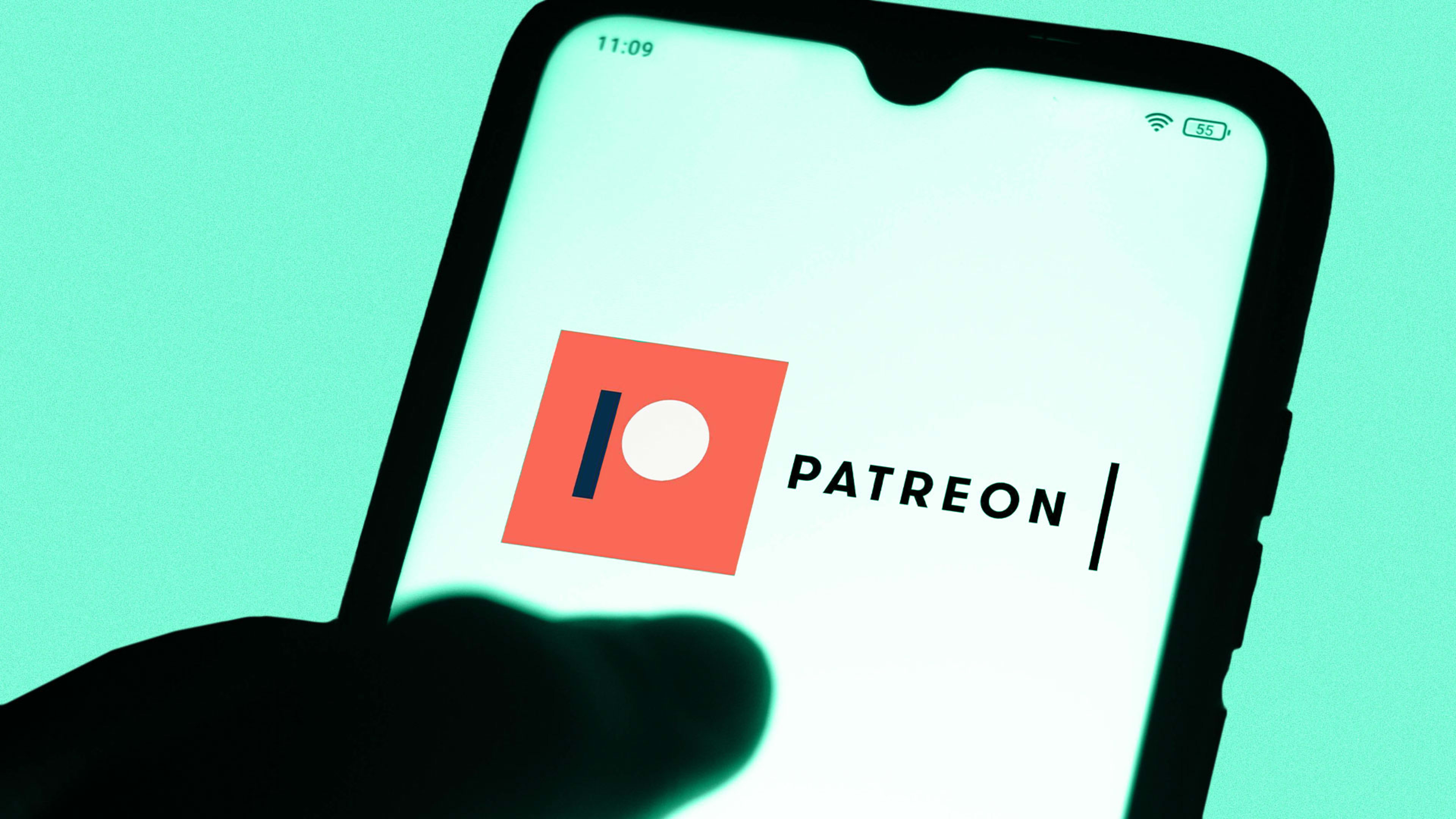The world has woken up to the fact that artists deserve to be paid for their value, say Patreon co-founders Jack Conte and Sam Yam.
Patreon, a platform where fans pay creators via monthly membership, has grown exponentially since it’s inception in 2013. “[That trend] of creators getting autonomy and control and leverage of their businesses, of their media, of their ownership, of their payments methods, of everything, that trend is now coming at the world a thousand miles an hour and nothing can change it,” Conte says.
“What is happening right now is a sea change in favor of creative people,” he says. “The world is about to look very, very different for creators in 10 years. ”
On this week’s Most Innovative Companies Podcast, Conte and Yam dive into why the creator economy isn’t new, but a fresh iteration of a much older phenomenon, as well as the beauty of Web3 as it applies to ownership (hint: they had a Web3 attitude deep in the middle of Web2). By focusing on “love” as opposed to “likes,” Patreon has helped change the way art is brought back autonomy to artists and creators around the world, enabling them to receive fair pay—as opposed to fractions of cents—for their creative output.
The pair met at Stanford two decades ago, defying time and the sort of scandals which have plagued more than a few co-founder teams by prioritizing their friendship above all issues since 2013. Their mission throughout? Get creators paid.
As one-half of the band Pomplamoose and member of Scary Pockets, Conte knows just how vital fair pay can be for artists seeking to put their full selves into their work and earn a living. The breaking point for him came when, after months of work, he put out a video that reached a million views in a couple of days, but earned him less than $200 in ad revenue. “I looked up from that and I felt like this is totally fucked. Something is deeply wrong with this equation,” he says.
That’s why he and Yam built Patreon—to rewrite that equation and ultimately “right” the relationship between creators and their fans. Since inception in 2013, Patreon has paid out 250,000+ creators over $3.5 billion.
But helping artists and creators get paid for their work is only the tip of the iceberg. Much of Patreon’s efforts are also directed towards helping them build deeper connections with their fans.
“We’re trying to kick people off of the content treadmill and have them own that direct relationship,” Yam says. “Instead of having to fight against this tidal wave of content and getting attention within the algorithm, we are breaking you out where you have access to your audience and you can focus on the aspects of creativity and community building that those folks fundamentally want.”
Ownership of both audience and content, Conte argues, is key in this regard, and a piece we must collectively solve, given that artists typically rent their audiences from platforms and are always at risk of losing them whenever those platforms make changes to the way they operate.
“We don’t talk about Patreons as our users—Those aren’t our users, they’re our creators’ customers,” Conte says. “The relationship is owned by the creator, not by the company and that’s the way it ought to be.”
Listen to the episode for the full interview.
You can listen and subscribe to Most Innovative Companies on Apple Podcasts, Stitcher, Spotify, or wherever you get your podcasts.
Recognize your brand’s excellence by applying to this year’s Brands That Matter Awards before the early-rate deadline, May 3.
